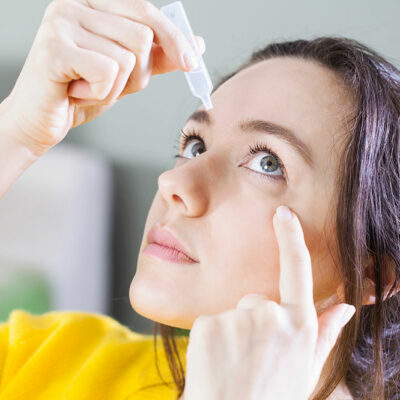
5 Proven Tips To Help You Sleep Better At Night
When was the last time you got a really good sleep? If you can’t remember, it’s probably a sign that you need to make some changes in your sleeping habits. Whether that’s getting checked for sleep disorders, such as sleep apnea, insomnia, or narcolepsy, or making some changes to your sleep environment, there are plenty of ways to improve your sleep. If you do receive a diagnosis for a sleep disorder, you may be prescribed medications or helpful treatments like Solriamfetol Sunsoi, Zquiet mouthpiece, the narcolepsy medication list, Cataplexy treatment drugs, Snorex mouthguard, or you may be recommended to the Sunosi Solriamfetol patient assistance program. If sleep disorders aren’t the problem, or you’re looking for more ways to improve your rest, here are 5 proven tips to help you sleep better at night:
1. Get outside or open your blinds during the day
The circadian rhythm in your body is a natural time-keeping clock, affecting your brain, body, hormones, and keeping you awake or telling you when it’s time to sleep. To keep this internal clock healthy, natural sunlight or bright light during the day is essential—in fact, it improves daytime energy as well as sleep quality and duration at night. If daily sun exposure isn’t practical for you, consider purchasing an artificial bright light device or light bulbs to simulate outdoor brightness.
2. Turn your phone and other devices off
As hard as it may be, your phone and any other electronic device should stay out of the bedroom or put down at least 30 minutes before bed. The blue light that emits from these devices mimics daylight, impacting your internal body clock. Additionally, scrolling through social media and watching videos gets your brain stimulated and engaged, which keeps you awake and delays REM sleep. Opt for a book or meditate before bed instead.
3. Avoid caffeine late in the day
That evening cup of coffee, tea, or soda is a nice post-dinner treat; however, caffeine too late in the day can delay the timing of your body clock and reduce the amount of deep sleep you get. It is recommended that you avoid caffeine at a minimum of 6 hours before bed time, so skip that evening drink or opt for a decaf version to help you get the best Z’s you can get!
4. Reduce long day time naps
While short naps can boost energy and be very healthy, longer naps can have a negative on your sleep later that night. If you’re a nap lover, don’t confuse your internal clock—try to keep naps to a maximum of 30 minutes. This tip does depend on the person, so if you have long daytime naps often and still sleep well at night, don’t worry, you can continue!
5. Create a relaxing sleep environment
The ideal sleep environment is quiet, dark, relaxing, and a comfortable temperature. Transform your space with some black out curtains and a white noise machine, and up the sleep ambiance with an essential oil diffuser or a weighted blanket. Investing in better sleep is never a bad idea, as the average person spends a third of their life asleep. Ultimately, good sleep is essential for good overall health, so ensuring you get a good night’s rest is essential.


